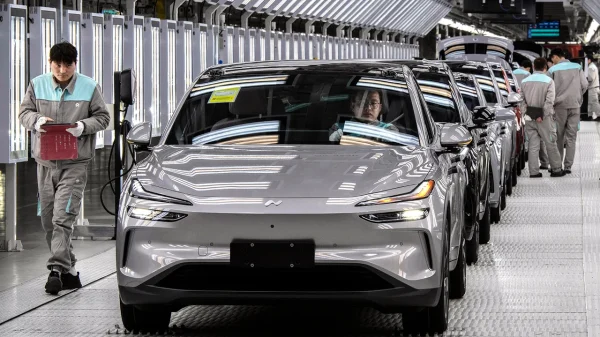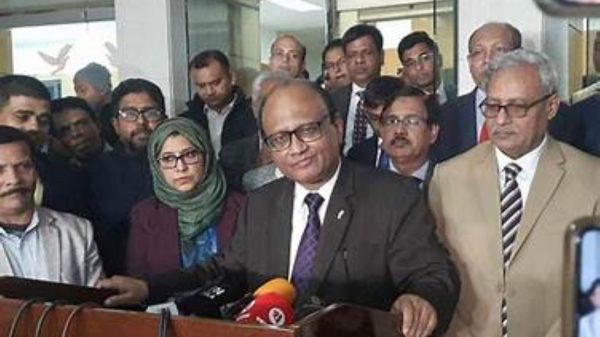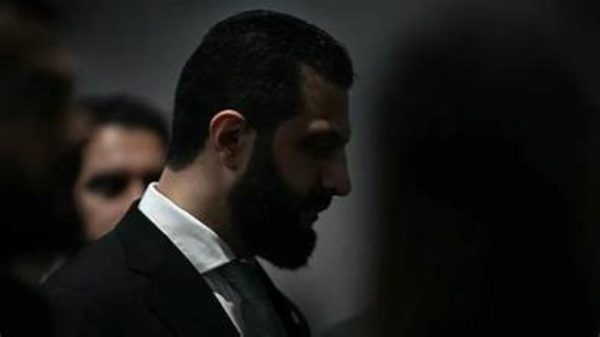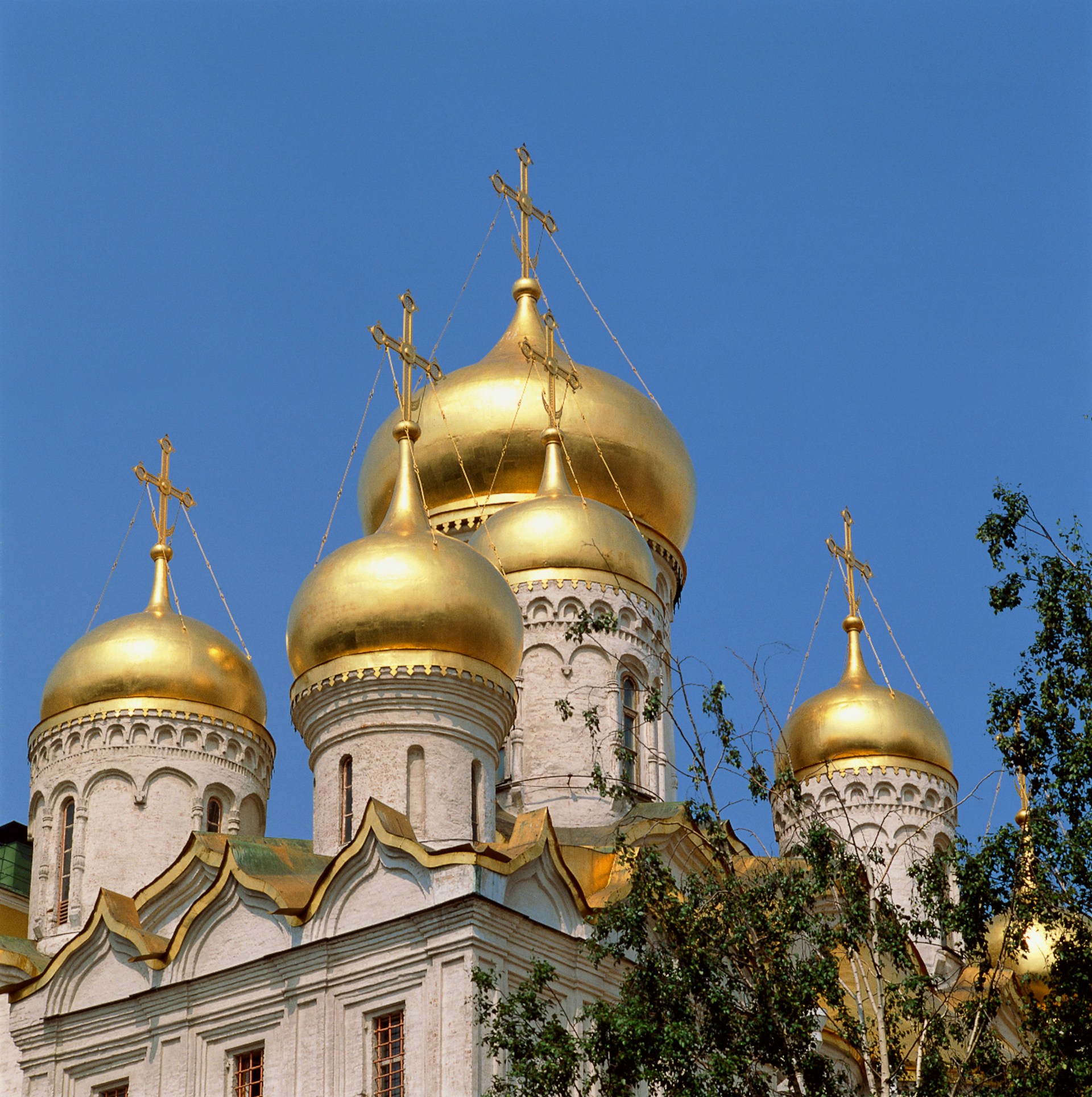The European Commission welcomes the Council’s adoption of a 13th package of sanctions against Russia. Two years since Russia brutally invaded Ukraine, EU’s support for Ukraine and its people remains undiminished. Europe is united and determined to continue defending its values and its founding principles.
This package focuses on further limiting Russia’s access to military technology, such as for drones, and on listing additional companies and individuals involved in Russia’s war effort. With this new package the number of listings has reached over 2000, dealing a huge blow to Russia’s military and defence.
Every single euro that Russia is not getting hold of, is a gain. Therefore, there is no room for complacency. The Commission will continue supporting Member States, to ensure effective enforcement of the measures, and to working closely with third countries to tackle possible circumvention attempts.
The 13th package has these key elements:
ADDITIONAL LISTINGS
This is an unprecedented package of 194 individual designations, including 106 individuals and 88 entities). With it, the EU exceeds the overall threshold of 2000 listings in support of Ukraine. In particular:
- Targeting Russia’s military and defence sector: the new listings are targeting more than 140 companies and individuals from the Russian military-industrial complex, which among other things manufacture missiles, drones, anti-aircraft missile system, military vehicles, high-tech components for weapons, and other military equipment. The package specifically includes entities that trade various key components for drones. The Commission used the previously discussed objective and gradual approach to identify those firms, combining hard evidence from various sources, supported by trade and customs data.
- Sending a strong signal against Russia’s war effort partners: the new listings target 10 (Russian) companies and individuals involved in the shipping of North Korean armaments to Russia, and the Defence Minister of the country, as well as several Belarusian companies and individuals providing support to the Russian armed forces.
- Fighting circumvention: the new listings include a Russian logistics company and its director involved in parallel imports of prohibited goods to Russia, and a third Russian actor involved in another procurement scheme.
- Strengthening EU action against Russia’s occupation and illegal annexation of areas of Ukraine: the new listings include 6 judges and 10 officials in the occupied territories of Ukraine.
- Sanctioning violations of children rights: The new listings also include 15 individuals and 2 entities involved in the deportation and the military indoctrination of Ukrainian children, including in Belarus.
TRADE MEASURES
This package confirms the EU’s determination to stop Russia from acquiring Western sensitive technology for its military. Unmanned aerial vehicles, or drones, have been central to the war in Ukraine. This package lists companies procuring Russia with key drone components and introduces some sectoral sanctions to close loopholes and make drone warfare more complicated.
Based on hard evidence from various sources, supported by trade and customs data, the package adds 27 new Russian and third country companies to the list of entities associated to Russia’s military-industrial complex (Annex IV). These companies are under tighter export restrictions regarding dual-use goods and technology, as well as goods and technology which might contribute to the technological enhancement of Russia’s defence and security sector. In particular:
- Addition of 17 Russian companies which are involved in the development, production and supply of electronic components for Russia’s military and industrial complex.
- Addition of 4 companies from China and one each from Kazakhstan, India, Serbia, Thailand, Sri Lanka, and Tuerkiye which support indirectly Russia’s military and industrial complex in its war of aggression against Ukraine by trading in electronic components for Russia’s military and industrial complex.
MEASURES TO ENHANCE AIR DEFENCE
On top of listing specific firms selling drone parts to Russia, this package introduces additional export bans on drone components. In particular:
- The restrictions put now under the broader drone components ban electronic transformers, static converters and inductors found inter alia in drones.
- The new measures also ban aluminium capacitors, which have military applications.
MEASURES TO FOSTER INTERNATIONAL COOPERATION
The new package extends the list of partner countries for the indirect iron and steel import ban to include the United Kingdom. These partner countries apply a set of restrictive measures on imports of iron and steel and a set of import control measures that are substantially equivalent to those in the EU Regulation (EU) No 833/2014.
Background
Two years after Russia’s full-scale war of aggression against Ukraine, Europe is united and determined to continue defending its values and its founding principles. The EU stands firmly with Ukraine and its people, and will continue to strongly support Ukraine’s economy, society, armed forces, and future reconstruction, for as long as it takes.
To drain the Russian war machine of its revenue sources, the EU has adopted 13 sanctions packages against Russia. Sanctions have impacted Russia’s revenues and the value of the rouble. EU sanctions have also introduced constraints in Russia’s supply chains and limited its access to western technologies in important industrial sectors. The Oil Price Cap, agreed with the G7 partners, has led to reducing the Russian government oil revenues. Sanctions will show their effects over time.
As Russia tries to find ways around our sanctions, the Commission constantly looks at the measures in place, assessing how they are applied and detecting any potential loopholes. The focus now is on enforcement, in particular against circumvention of EU sanctions via third countries.
EU Sanctions Envoy David O’Sullivan continues his outreach to key third countries to combat circumvention. Tangible results are already visible. Systems are being put in place in some countries for monitoring, controlling, and blocking re-exports. Working with like-minded partners, we have also agreed a list of Common High Priority sanctioned goods to which businesses should apply particular due diligence and which third countries must not re-export to Russia. In addition, within the EU, we have also drawn up a list of sanctioned goods that are economically critical and on which businesses and third countries should be especially vigilant.
For More Information
Link to Official Journal (will be available soon)














































